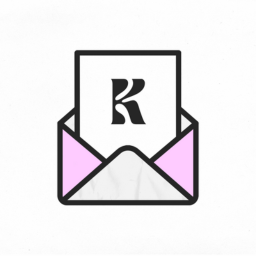Google plans to flag AI-generated images in search results soon
The platform will use C2PA metadata to verify the source and authenticity of digital content

Get Smarter at Marketing
Google will soon start flagging AI-generated and edited images in its search results. The feature called “about this image,” will use C2PA (Coalition for Content Provenance and Authenticity) metadata to indicate whether an image was captured by a camera, edited, or generated by AI.
The company believes this would provide more transparency around digital content and combat misinformation.
How Google’s use of C2PA for image verification works
Google’s system will utilize C2PA's technical standards, embedding digital signatures in images to trace their origins. C2PA metadata records an image’s creation and editing history. It provides information about whether a photo was taken by a camera, modified by software like Photoshop, or generated by AI tools.
For example, if an image metadata confirms it was shot with a specific camera model, Google’s updated “about this image” feature will validate this information, allowing users to assess the authenticity of the image.
Apart from Google, the tool is supported by industry companies including OpenAI, Microsoft, Amazon, and Adobe.
What Google tool will support the C2PA for image verification feature?
Initially, the C2PA for image verification feature will be available in Google Images, Google Lens, and Circle to Search on Android devices. The feature will also expand to its ad systems. The company is exploring ways to incorporate C2PA metadata in advertising and YouTube content.
Challenges with C2PA adoption
Despite its adoption by Google and other platforms, C2PA’s acceptance remains limited due to technical challenges and varying industry support.
The effectiveness of Google’s new policy largely depends on the presence of C2PA metadata, which can be removed or become corrupted, rendering it unreadable.
Also, AI tools, such as X AI’s Grok chatbot, lack C2PA support, partly due to its reluctance to adopt the tool. Therefore, some AI-generated images will likely go undetected.
Currently, only a few camera manufacturers, like Leica and Sony, have integrated C2PA’s open standards, with major brands like Nikon and Canon pledging future support. Adobe's Photoshop and Lightroom already support C2PA metadata, but other photo-editing tools like Affinity Photo and GIMP lag behind.
%20(1).png)
in the world of marketing:
